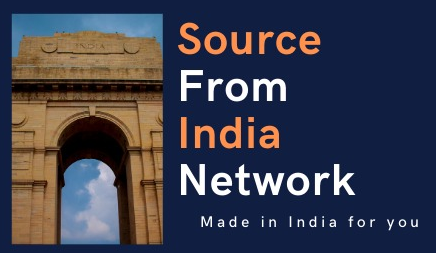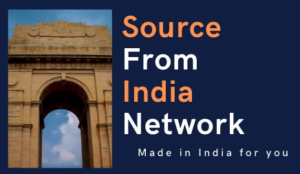Sourcing from India can be a cost-effective and efficient way to obtain goods, but it is important to be aware of the potential challenges involved. Here are some of the most common challenges:
-
Quality Control: India has a diverse range of manufacturers, with varying levels of quality control and certification. It is important to carefully vet potential suppliers to ensure they can meet your quality standards. This may involve conducting site visits, reviewing quality control procedures, and conducting sample testing.
-
Communication and Language Barriers: English is widely spoken in India, but there can still be communication and language barriers when working with Indian suppliers. It is important to be patient, clear, and concise in your communication. If necessary, consider hiring a translator or working with an Indian sourcing agent who can bridge the communication gap.
-
Logistics and Supply Chain Delays: India’s infrastructure can be challenging, and transportation delays are not uncommon. It is important to factor in potential delays when planning your production schedule. Consider working with a logistics provider who has experience shipping goods from India to your destination market.

-
Compliance with Regulations: India has a complex regulatory environment, and it is important to ensure that your suppliers are compliant with all applicable laws and regulations. This may involve obtaining certifications, providing documentation, and adhering to specific labeling requirements.
-
Cultural Differences: India has a rich and diverse culture, and it is important to be respectful of cultural differences. This includes understanding cultural norms, business etiquette, and how to build relationships with Indian counterparts.
Despite these challenges, India is a dynamic and growing economy with a strong manufacturing sector. By carefully planning and mitigating potential risks, companies can successfully source high-quality goods from India and reap the benefits of cost savings and access to a large market.

